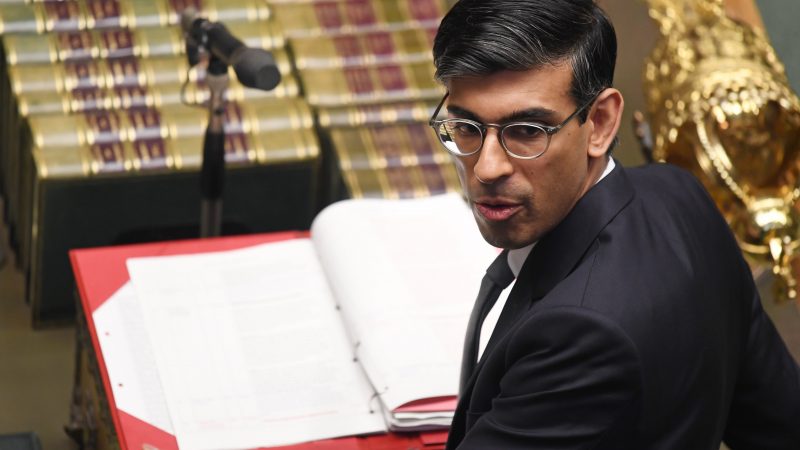
Labour has warned that Rishi Sunak is wrong to pin hopes for the economic recovery on a consumer boom, as analysis of new survey data suggests that only 3% of households plan to spend savings built up during Covid.
Following the release of Bank of England research, the opposition has highlighted that only 10% of those who have increased their savings – less than 3% of the sample – said they plan to spend that money.
The warning follows comments from the Chancellor that he “felt good about the bounce back” because “people have been sitting at home, building up some savings hopefully and we would like to go and spend them when we get back”.
Setting out the analysis undertaken by the opposition party, Shadow Chancellor Anneliese Dodds said: “After the worst recession of any major economy, the Chancellor is pinning all his hopes for recovery on a consumer boom.
“But just 3% of UK households who have saved during the pandemic plan to spend those savings in the year to come, while one in five are planning to rein in spending. This shows how out of touch the Chancellor is from people’s daily lives.
“Households are already tightening their belts because they are worried about the future. Now the Chancellor wants to hit them with a triple hammer blow of council tax rises, pay freezes and benefit cuts.
“Instead, he must reverse these economically illiterate decisions, and take urgent action at the budget in March to secure our economy, protect our NHS and rebuild our economy.”
The Bank of England figures show that one in five UK households have run down their savings over the course of the pandemic, while 21% of those surveyed reported that they are “quite likely” or “almost definite” to lose their jobs this year.
The research also shows that two in three think the economy is going to get worse this year, with more than a third believing the situation will get a lot worse. Labour has warned this lack of confidence will “put the brakes on any recovery”.
The Shadow Chancellor has called for “urgent action” in the upcoming budget in March, and Labour is drawing attention to a “series of cliff edges” facing people in the UK:
- 29th January: Deadline for applications for the third grant under the self-employed income support scheme;
- 21st February: End of the eviction ban;
- 6th April: Planned £20-a-week cut to Universal Credit;
- April: End of the ban on home repossessions;
- April: Council tax increase imposed by government despite promises to support councils throughout the pandemic;
- 30th April: End of the furlough scheme; and
- 2021/22: Start of the key worker pay freeze.
The planned £20-per-week cut to Universal Credit, which also affects Working Tax Credits, will reduce the annual incomes of 16 million households across the country by £1,040 just as employment is forecasted to peak at 7.5%.
Labour has called for the uplift to be kept in place, address the gaps in the Covid income support schemes and use the £2bn business relief handed back by supermarkets to help businesses worst affected in the pandemic.
Dodds used a speech to the London School of Economics earlier this month to criticise Sunak over his mishandling of the coronavirus response and his “stop-start” approach to providing economic support throughout the public health crisis.
She said the Chancellor had presented a “false choice” between the economy and public health in the crisis and urged him to rethink his approach to “secure the economy, protect the NHS and rebuild Britain”.
The Bank of England surveys households on economic issues every year. The latest piece of research was published in December and was collected from households across the country between August 25th and September 15th.




More from LabourList
‘Labour is being badly misled on housing’
Reeves bets on patience over populism
‘Energy efficiency changes must work for older private renters’